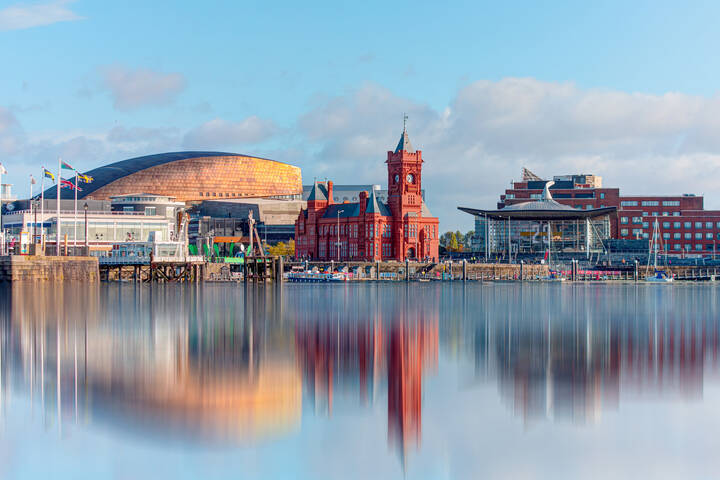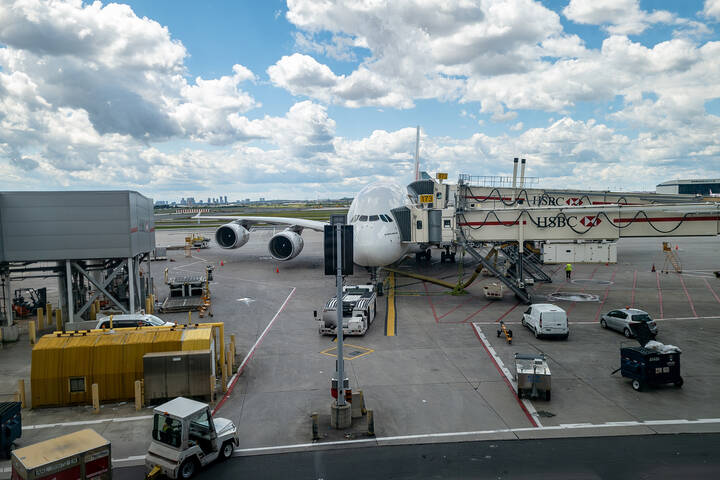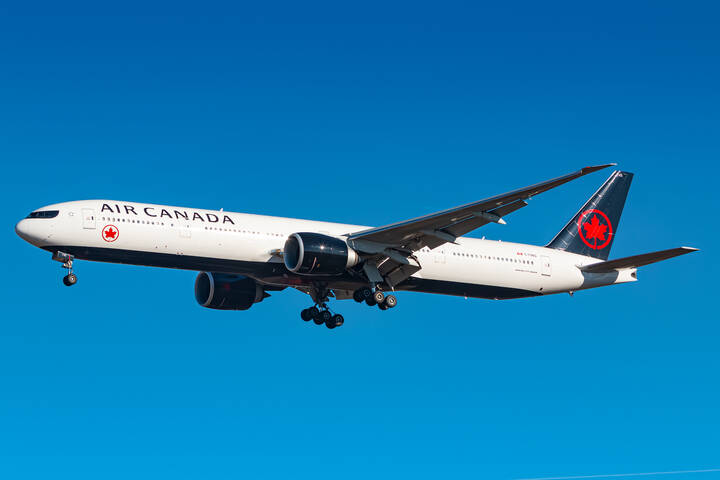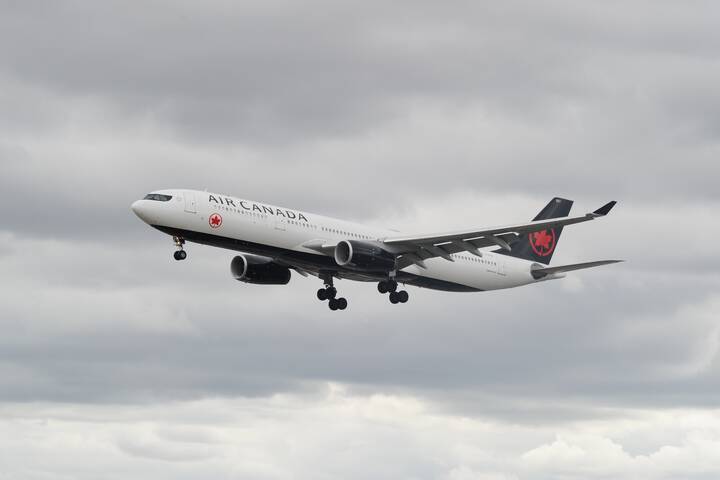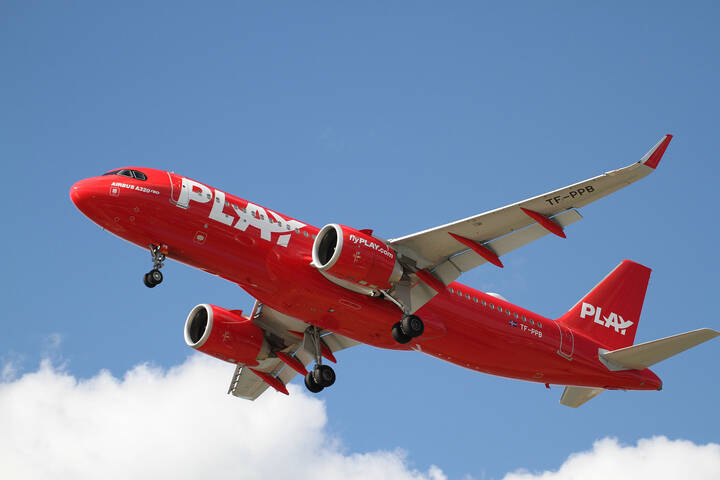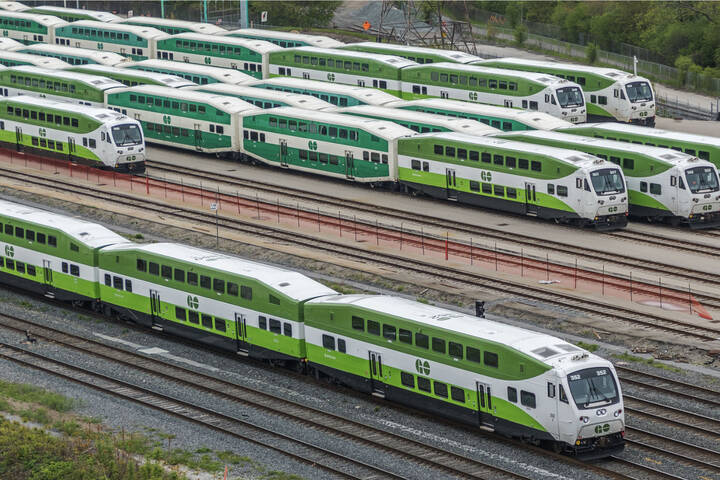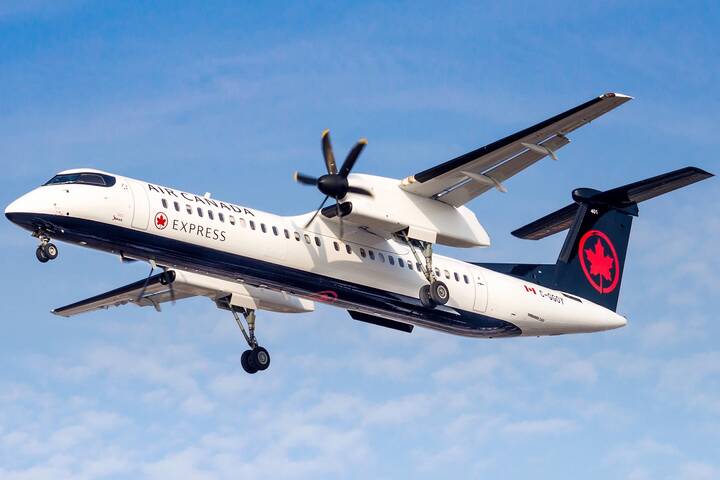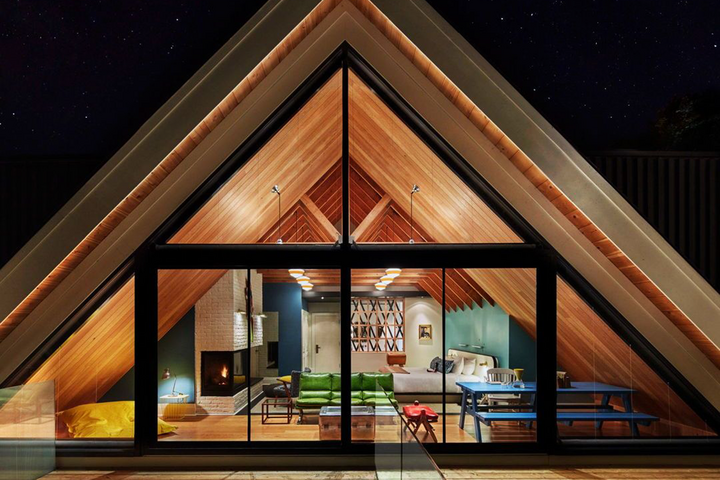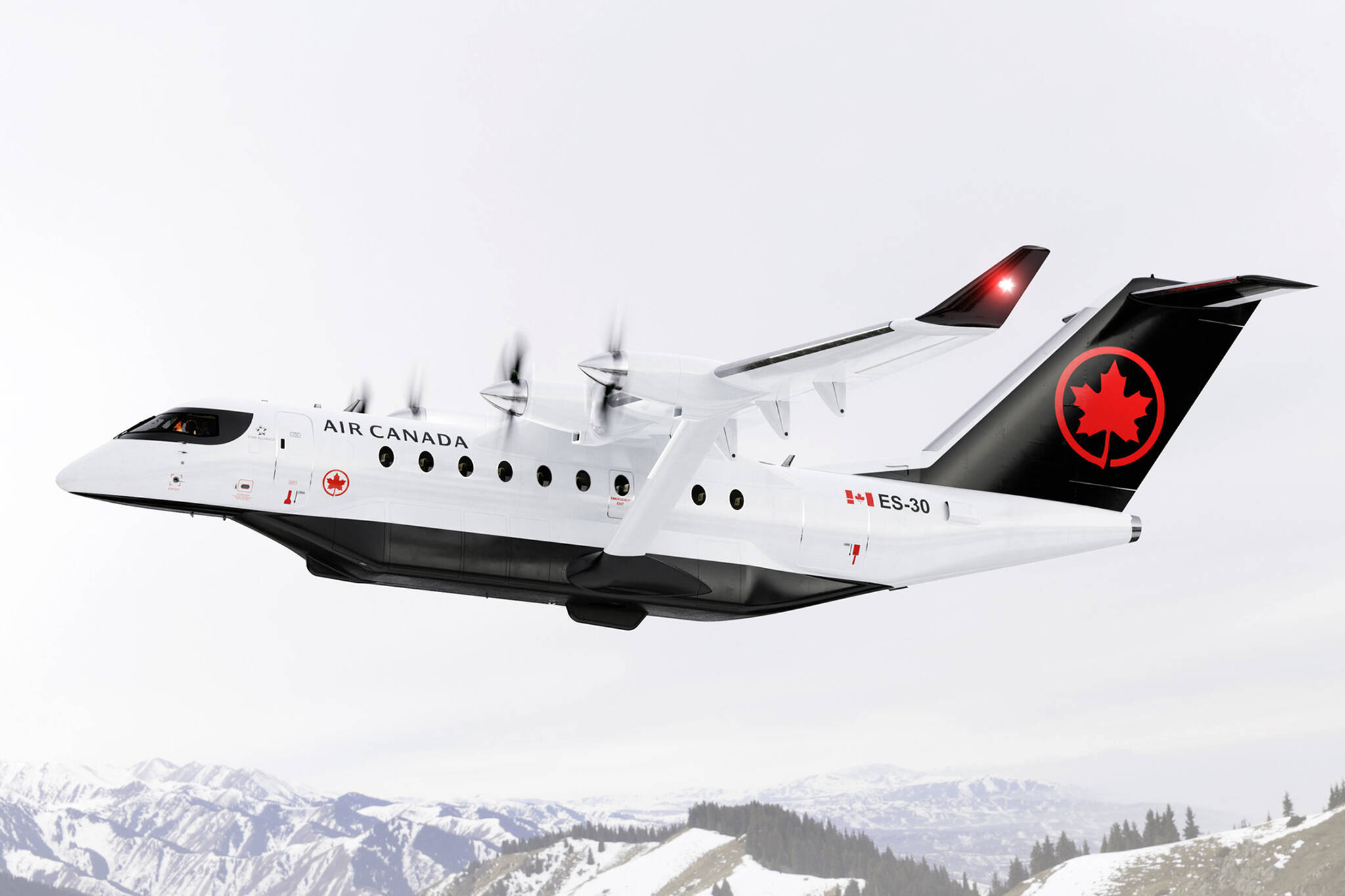
Air Canada is buying some fancy new planes that look like they're from the future
It's been a rough couple of years for Air Canada, to say the least, between industry-wide labour shortages, forced shut-downs, mass cancellations, constantly changing government travel restrictions and straight up nightmarish operational conditions at airports such as Toronto Pearson.
A fleet of fancy new airplanes won't fix all of AC's problems, but the airline's announcement of said forthcoming fleet is helping to detract from less-positive stories about lost and damaged luggage.
The new electric-hybrid planes, currently being developed by Sweden's Heart Aerospace, are also just cool to look at.
Air Canada announced on Thursday that it had signed a purchase agreement with Heart Aerospace to buy 30 "ES-30 electric-hybrid aircraft" at an undisclosed cost.
Describing the planes as "revolutionary regional aircraft," Air Canada promises that they "will generate zero emissions flying on battery power and yield significant operational savings and benefits."
The futuristic flying machines are expected to enter service in 2028, at which point they're expected to be able to carry 30 people at a time for some 200 km/h, using nothing for fuel but batteries.
Air Canada also announced today, much to the interest of shareholders, that it had acquired a $5 million (USD) equity stake in Heart Aerospace as part of the agreement. If electric aircraft really are the planes of the future, that investment could pay off handsomely for all involved.
"Air Canada has taken a leadership position in the industry to address climate change. The introduction into our fleet of the ES-30 electric regional aircraft from Heart Aerospace will be a step forward to our goal of net zero emissions by 2050," said Air Canada CEO Michael Rosseau in a release issued Thursday.
"Already, Air Canada is supporting the development of new technologies, such as sustainable aviation fuels and carbon capture, to address climate change."
Heart Aerospace founder Anders Forslund added that, through the use of this technology, "we can start cutting emissions from air travel well before the end of this decade."
From the Jet Age to the Electric Age? Air Canada to Acquire 30 ES-30 Electric Regional Aircraft from Heart Aerospace https://t.co/M28ktKXVus
— Mike Eppel (@eppman) September 15, 2022
As for the "how" of it, AC says that its new aircraft will be powered by lithium-ion batteries, but also equipped with reserve-hybrid generators that can use "sustainable aviation fuel," whatever that is.
The hybrid planes are expected to be quieter and more reliable than conventional turbo-prop aircraft with less of an environmental impact.
"Fully loaded, the ES-30 is projected to have an all-electric, zero-emission range of 200 km. This can be extended to 400 km with power supplemented by the generators, and up to 800 km if the load is restricted to 25 passengers," reads the release.
"Charging time for the aircraft is expected to be 30-to-50 minutes."
If all of this comes to fruition as planned, this means that society is only four years away from charging entire planes in less time than it currently takes to charge most iPhones.
Latest Videos
Latest Videos
Join the conversation Load comments
